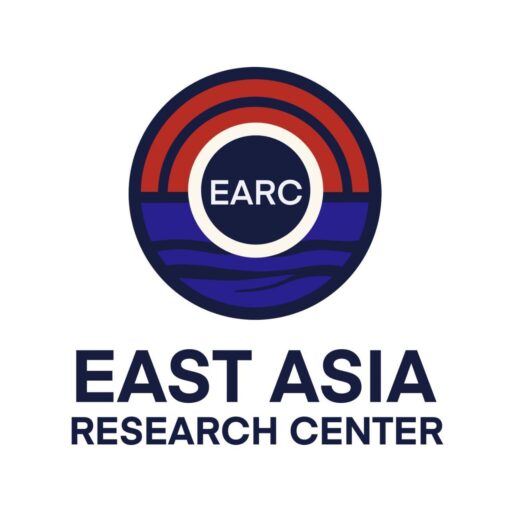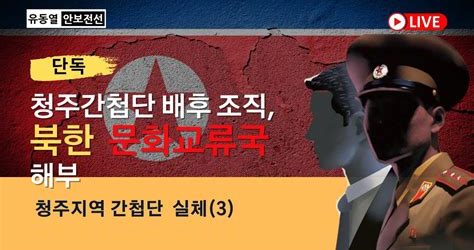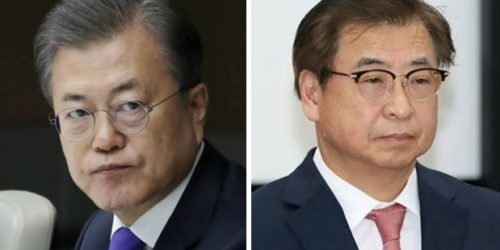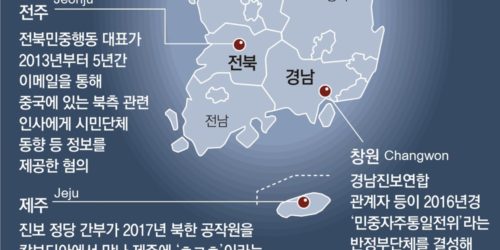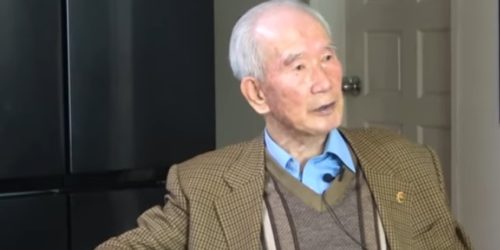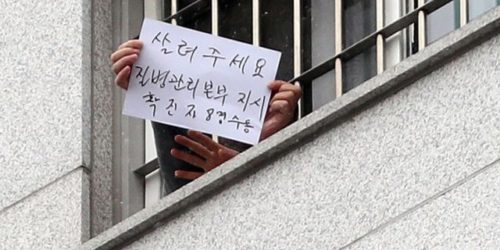North Korea Ordered Jeju Spy Ring in South Korea to “Fight Using KCTU Labor Union and NGOs”
2023-1-9, Chosun Ilbo [TRANSLATION]
It was confirmed on January 8, 2023 that cadres of the progressive political party in South Korea are under investigation by counterintelligence authorities for allegedly engaging in activities that are anti-government and ijeok [benefiting the enemy] after meeting North Korean agents in Cambodia in 2017 and receiving orders to “establish an underground organization called “HGH” on Jeju Island.” The National Intelligence Service (NIS) and police have been following the case for more than five years and conducted two search and seizures late last year. This is the first case of alleged espionage since the Yoon Suk-yeol government came to power.
[Note: The “progressive political party” means the Progressive Party (Jinbo-dang). The Progressive Party, known as Minjoong-dang (Mass Party) until June 2020, is a far-left political party in South Korea. Minjoong-dang was found on October 15, 2017 by merging the New People’s Party and People’s United Party; many believe Minjoong-dang (and the renamed party, the Progressive Party) is the continuation of the outlawed Unified Progressive Party (UPP) under Lee Seok-ki, who was imprisoned for sedition for planning and directing the followers of his underground organization to attack South Korean infrastructure in case of war with North Korea. The party supports redistribution of wealth and a 90% tax rate. It sees both the U.S. and Japan as “imperial powers” over South Korea, and has pursued anti-U.S., anti-Japan, and pro-North Korea positions. The current leader of the Progressive Party is Yoon Hee-suk (윤희석) and the Secretary General is Kim Geun-rae (김근래)]
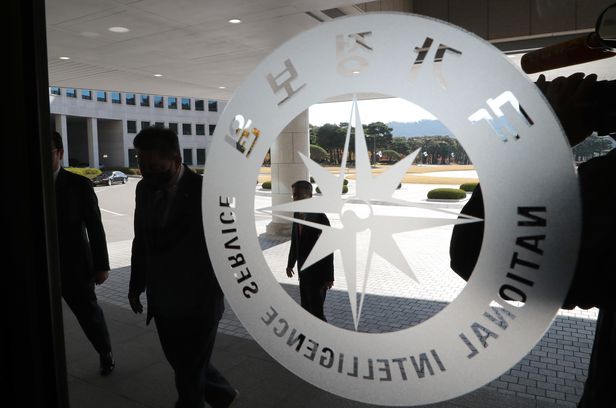
According to the search and seizure warrant obtained by this newspaper, Mr. A, a member of the Progressive Party, secretly met an operative from the Cultural Exchange Bureau (문화교류국) (formerly Bureau 225) in Angkor Wat, Cambodia, on July 29, 2017. The Cultural Exchange Bureau is the Workers’ Party of Korea’s espionage organization that conducts anti-ROK (Republic of Korea) operations. It is reported that Mr. A spent three days in a hide-out in Cambodia and was trained by North Korean operatives on espionage skills, including how to establish and operate an underground organization (referred to as “HGH”) in Jeju and how to communicate using cryptography. Mr. A then recruited two people, Mr. B, a labor official in Jeju, and Mr. C, who was a “peasants’ activist” (농민운동), and organized “HGH.” The meaning of ”HGH” is said to be under investigation.
By November last year, they had received specific orders from North Korea, including “taking control of the Jeju April 3 Unification Committee under the KCTU (민노총) [Korean Confederation of Trade Unions],” “expanding the anti-U.S. struggle,” “Condemnation and rejection of Yun Seok-yeol,” “suspending ROK-U.S. military exercises,” “opposing the introduction of high-tech weapons from the United States,” and “fighting against conservatives.” Some orders were reported to North Korea as having actually been implemented.
According to the counterintelligence authorities’ search warrant, it was confirmed that they (HGH members) communicated with the North Korean Cultural Exchange Bureau using a cryptographic program and cloud computing even 5 days prior to the search and seizure. The authorities believe that “HGH” may have been formed not only on Jeju Island, but also in other parts of the country, and are expanding their investigation.
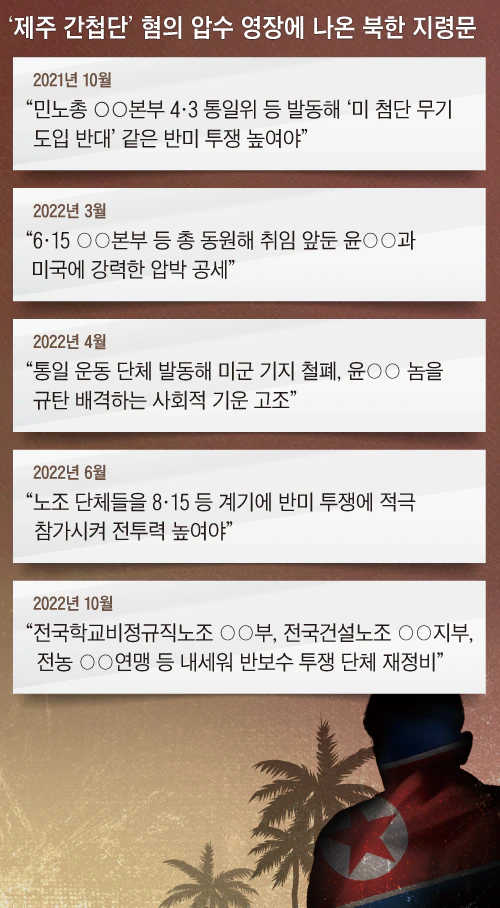
The “HGH” members reportedly received orders from the Cultural Exchange Bureau, North Korea’s anti-South Korea organization for subversion, for five years and three months after 2017. Mr. A, an organizer, is accused of carrying out various anti-government, anti-conservative [against pro-ROK], and anti-American protests in the Jeju area for the past five years in accordance with North Korean orders.
According to the seizure and search warrant, on October 19, 2021, North Korea ordered “HGH” “to launch a series of mass struggles, such as protest rallies, protest visits, and signature drives with slogans such as the suspension of joint military exercises, the dissolution of the ROK -U.S.-Japan military alliance, and opposition to the introduction of high-tech weapons from the United States by mobilizing the JJ-do branch of the Progressive Party, JJ headquarters of the April 3 Unification Committee of the KCTU, the JJ-do branch of the National Federation of Peasants (전국농민회총연맹), and JJ region anti-war peace advocacy groups.” “JJ” means Jeju.
[Truncated]
The North Korean Cultural Exchange Bureau, which recruited Mr. A, is an organization directly under the Korean Workers’ Party (노동당) for conducting anti-South Korea espionage and subversive operations. Since the beginning of the establishment of the North Korean regime, it has changed its name from the Ministry of External Liaison (대외연락부), the Ministry of Social and Cultural Affairs (사회문화부), and the 225th Bureau (225국), and has carried out tasks such as sending espionage agents to South Korea. It was involved in various spy cases in South Korea, including the Korean Workers’ Party’s Central Regional Party branch in South Korea (남한조선노동당 중부지역당) in 1992, the Guguk JeonWi (구국전위, “vanguard to save the country”) in 1994, the National Democratic Revolutionary Party (민족민주혁명당) in 1999, the IlsimHoe (일심회, “one heart committee”) in 2006, and WangjaeSan (왕재산) in 2011.
Source: https://www.chosun.com/politics/politics_general/2023/01/09/NGF5R47RMFEI7ADCHJIQVUNAVM/
